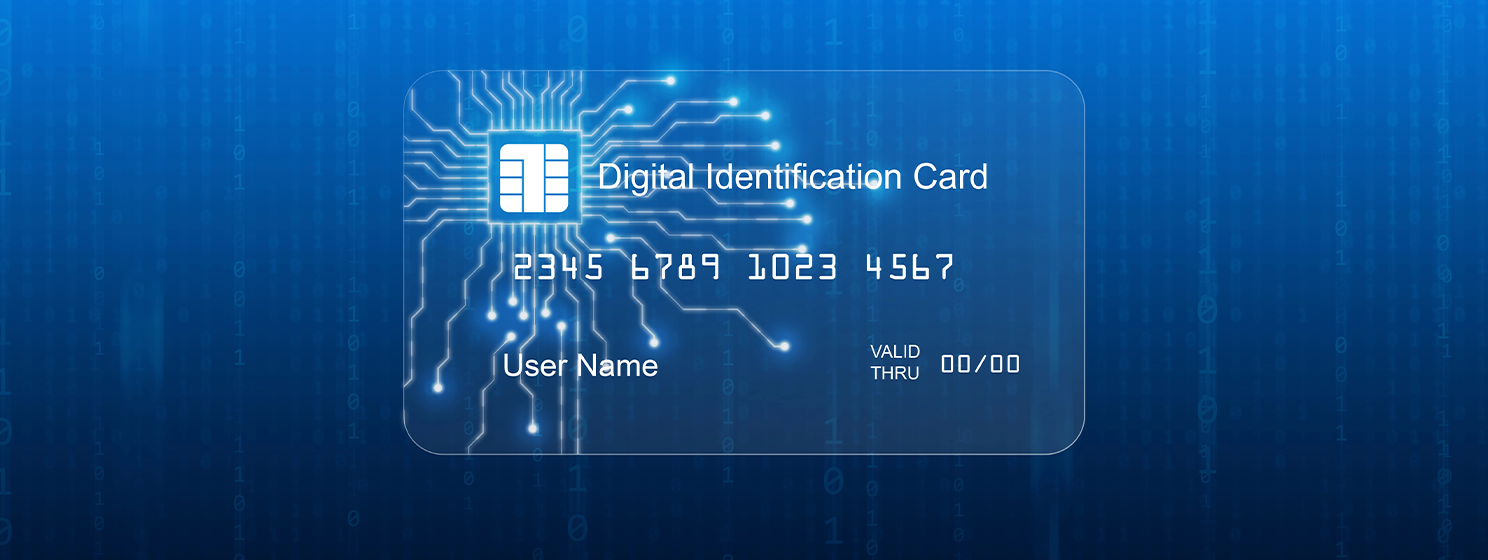|
Getting your Trinity Audio player ready...
|
Malaysia is introducing a new digital identity for foreign visitors as it seeks to crack down on rampant corruption on its borders.
The Home Ministry recently announced that it would introduce a Foreign Digital Identity (FDID) that will capture visitors’ facial images, iris scans, and fingerprints. This ID will be integrated into the country’s centralized biometric system, making it easier for the government to track movement along the borders.
“Each visitor will have a unique official record, making it difficult to falsify or manipulate. This system also allows the entry and exit of foreign nationals to be tracked effectively,” a statement from the ministry read.
Corruption has been rife on Malaysia’s borders in recent years. According to one report, criminals smuggled diesel worth RM2.3 billion ($550 million) along its border with Thailand. Government officials have been repeatedly implicated in the border graft; last month, 18 border patrol officers were arrested for accepting bribes to facilitate the illegal entry of foreign nationals.
Digital identity is the best solution to border corruption, Home Minister Saifuddin Nasution Ismail recently told lawmakers.
“While legal action has been taken against the officers involved, the home ministry is also adopting a technological approach that emphasizes automation, smart screening, and reduced human interaction in control and inspection processes at entry points,” he stated, as reported by local outlets.
“With these biometric features, each visitor will have a unique, official record that is difficult to falsify or manipulate.”
Malaysia already relies on artificial intelligence (AI) to screen foreigners before their arrival through its Advance Passenger Screening System. This system identifies and flags individuals considered high-risk before they set foot in Malaysia, reducing the chances of corrupt entries.
Beyond Malaysia, experts have backed digital identity as one of the most viable ways to fight corruption. In one study, Cambridge University found that digitalizing a rural employment scheme in the southern Indian state of Andhra Pradesh reduced fraud by up to 40%. In Nigeria, the introduction of biometric identity in the civil service helped eliminate over 40,000 ghost workers and saved over $60 million in annual wages from the public payroll.
Kenya eyes verifiable academic credentials
In Kenya, the government has introduced Digital Verifiable Credentials to replace the issuance of paper certificates in the education sector.
The transition is being spearheaded by the Ministry of Information, Communications and the Digital Economy (MICDE), in partnership with the Ministry of Education and the Tony Blair Institute for Global Change.Announcing the initiative, MICDE Cabinet Secretary William Kabogo stated that the new credentials will be authenticated through a digital system and stored on digital wallets.
Kabogo added that digital credentials would slash the costs that institutions incur while issuing paper certificates and cut the delays that stem from manual checks. They will also protect Kenyans’ privacy and secure their data, guaranteeing fairness and transparency in the Kenyan education system.
“This is a significant policy milestone and a step towards the Kenya I envision — a Kenya where effort is rewarded, credentials are trusted, and every citizen competes on a level playing field,” he stated.
The Cabinet Secretary noted that trust in the Kenyan education system has been eroded over the past decade by the rise of fake credentials and forged academic and professional certificates.
Indeed, Kenya has faced a sharp rise in fake papers in recent years. Earlier this year, the country’s National Qualifications Authority flagged over 10,000 fake certificates across 400 government institutions as part of a crackdown on forged papers. In March, the Commission for University Education flagged 15 institutions offering fake certificates.
The fake papers are also hurting Kenya’s competitiveness globally. Last year, the Nigerian government announced that it would no longer recognize degrees issued by institutions in the East African nation following rampant cases of forged credentials.
While Kenya taps digital credentials, some other countries are turning to blockchain technology to authenticate academic papers. In Africa, Nigeria is spearheading the transition, and some institutions have already adopted decentralized solutions on BSV and other networks.
Globally, fake degrees are a massive business. According to one report, fraudulent diplomas and transcripts are a $7 billion a year sector. Beyond denying qualified professionals’ lucrative opportunities, these fake credentials pose a public risk when used to enter safety-critical professions like medicine, aviation and engineering.
Watch: Why using transparent ledger for digital identity ensures trust
Recommended for you
British lawmakers of the parliamentary national security committee have called for a temporary ban on political parties receiving donations in
Circle (NASDAQ: CRCL) soared in 2025 thanks to U.S. ‘regulatory clarity,’ but can this momentum survive a ban on crypto

 02-27-2026
02-27-2026 




